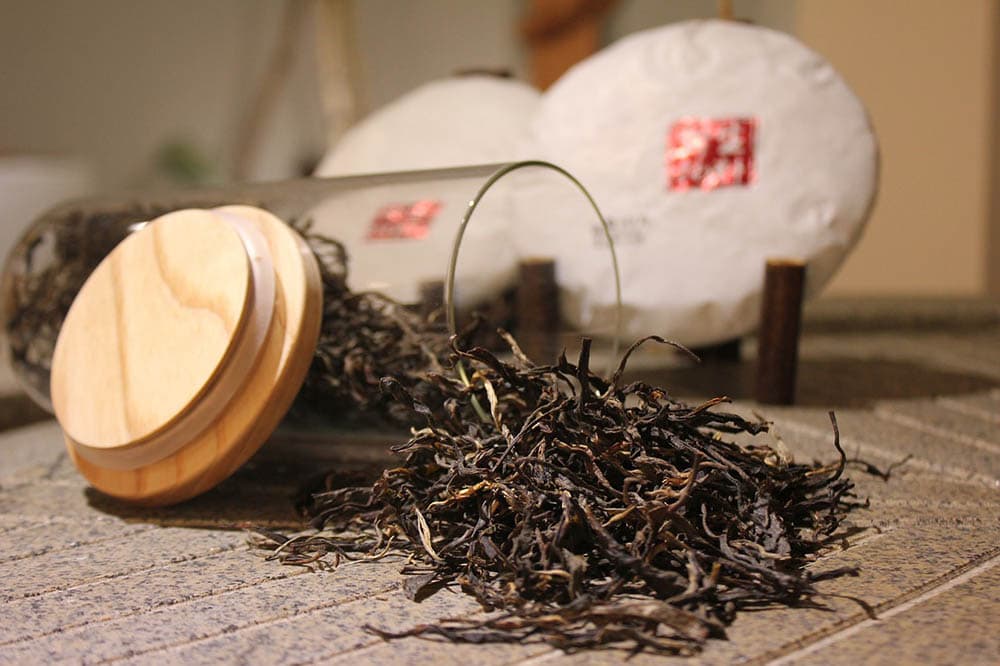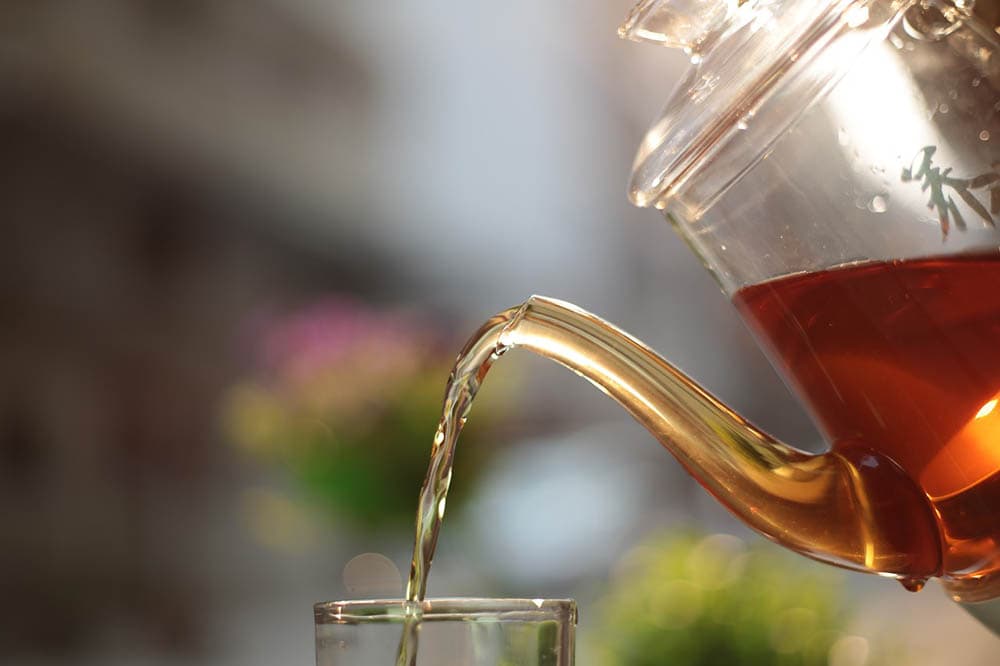
Next to water, tea is one of the most consumed beverages in the world. Black tea is one of the most popular teas out there. It has many health benefits, has zero calories, and contains a caffeine count of around 42 mg per 8-ounce cup. Of course, the amount of caffeine in black tea varies by the amount and the size of the cup you use.
If you’re considering dropping that morning cup of joe for a morning cup of black tea, you might want to know the basics of the tea you are drinking. In this article, we’ll discuss what black tea is, its health benefits, risks, and a little more information to help you make an informed decision.
What Is Black Tea?
Black tea is made from the Camellia sinensis plant. This is the same plant that green tea comes from. However, the leaves are highly oxidized before being dried, which is what makes black tea instead of green tea.
It is estimated that the people of the United Kingdom, who have a strong cultural affinity for this beverage, drink over 165 million cups of tea a day! Tea is thought to have come from China originally and was introduced in the 17th-century to Europe. The Western world drinks tea, but often, they add milk and sugar, while many parts of Asia consume it as is.
Now that you know a little about black tea and the caffeine it contains, we’ll move into a few of the health benefits thought to be had from drinking this type of tea.

Health Benefits of Black Tea
It’s been suggested that there are quite a few health benefits of drinking black tea. One of those benefits is that it contains plenty of antioxidants that protect the cells from damage, which reduces your risk of contracting the following illnesses and diseases:
- Cancer
- Heart disease
- Type 2 diabetes
- Osteoporosis
However, if you are considering switching to black tea and have any health conditions, it’s best to contact your primary care provider to ensure that the caffeine it contains is the right choice for your health needs.

Health Risks of Black Tea
The biggest health risk of black tea is the caffeine that the tea contains. Although there are some benefits to caffeine, it can be addictive, and not having it can lead to bad headaches if you’re trying to give it up.
That being said, if you switch from coffee to tea, you will be slashing your caffeine intake in half. You can expect to get around 95 mg of caffeine in an average cup of coffee, while you’re only going to get 45 mg in an average cup of black tea.
Other issues associated with drinking too much coffee, black tea, or anything with caffeine include heartburn, problems sleeping, irregular heartbeat, and irritability.
This concludes our short piece on how much caffeine is in black tea, where it comes from, the health risks, benefits, and how it stacks up against coffee in terms of caffeine. Which drink do you prefer? Coffee or black tea? Let us know your choice in the comments.
See Also:
Featured Image Credit: Pixabay













